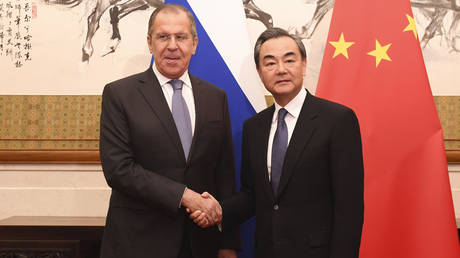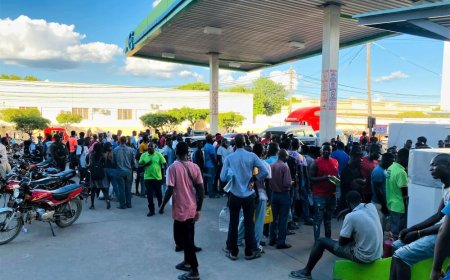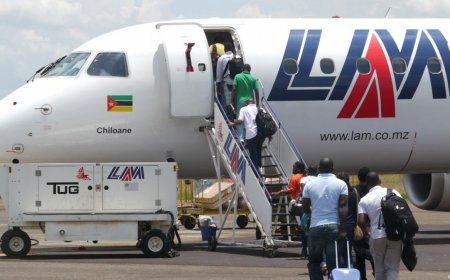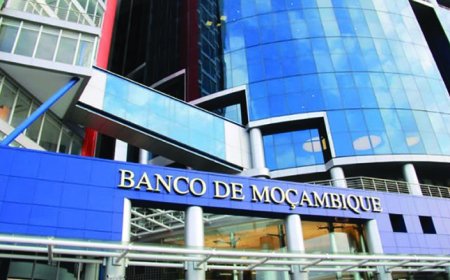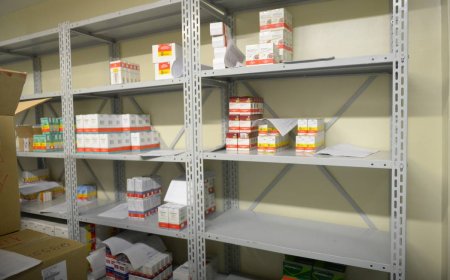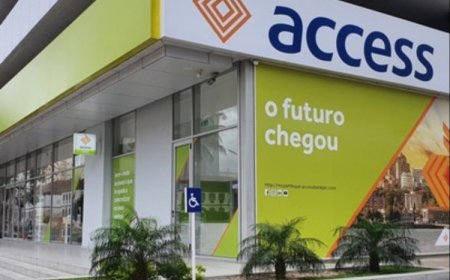Mozambican Government Questions Tax Exemption on Cooking Oil: “Who Really Benefits?”
Mozambique’s Ministry of Economy has pushed back against a proposal to exempt cooking oil from Value Added Tax (VAT), raising concerns about fiscal sustainability and questioning whether the intended beneficiaries—consumers and local producers—are actually gaining from the policy. The critique comes amid mounting economic pressure and a national debate over how best to balance social support and state revenue collection.

Speaking on behalf of the ministry, Sidónio dos Santos, Director of the National Directorate of Industry, expressed skepticism about a five-year VAT exemption proposal submitted by the Confederation of Economic Associations of Mozambique (CTA). The CTA argues that removing VAT would halve the retail price of cooking oil, ease the cost of living for consumers, and boost domestic production. However, government officials remain unconvinced.
“I am against the VAT exemption,” said dos Santos during a public appearance. “They want exemptions, but how will the state finance its expenditures?” He warned that such tax breaks pose a high fiscal risk, especially as the country grapples with shrinking public revenues and growing socio-economic demands.
Government officials further allege that some companies in the cooking oil industry are acting in bad faith—using the VAT exemption not to foster local production but to import finished or semi-finished goods, such as crude oil and additives, bypassing local supply chains and undermining smallholder farmers and domestic processors.
Dos Santos noted that the government had offered a compromise to the private sector: continue the exemption in exchange for private investment in local soybean and oilseed production. However, this offer was reportedly dismissed by several firms, reinforcing the government’s perception that the exemption is being misused for profit-maximization rather than to strengthen national production capabilities. “The private sector wants the exemption without any commitment to national production. That is unsustainable,” he concluded.
Currently, VAT exemptions remain in place for key basic goods—including sugar, soap, and cooking oil—until December 31, 2025, as part of a broader policy to curb inflation and prevent social unrest. The exemptions were extended following waves of public demonstrations and mounting political pressure, including symbolic measures announced by opposition figure Venâncio Mondlane, who, in the framework of his “parallel government,” issued a mock decree removing VAT on staple foods.
Still, the Ministry of Economy maintains that any future fiscal relief must serve a clear developmental purpose. “We must ask: Who truly benefits from the exemption? Is it the people, or is it private importers gaming the system?” asked dos Santos. As the country seeks to navigate its post-election economic challenges, the cooking oil VAT debate highlights broader tensions between short-term relief measures and long-term strategies for industrialisation and revenue sustainability.




